To clarify this issue, Dak Lak Newspaper and Radio and Television reporters had an interview with the Chief of Statistics of Dak Lak province.
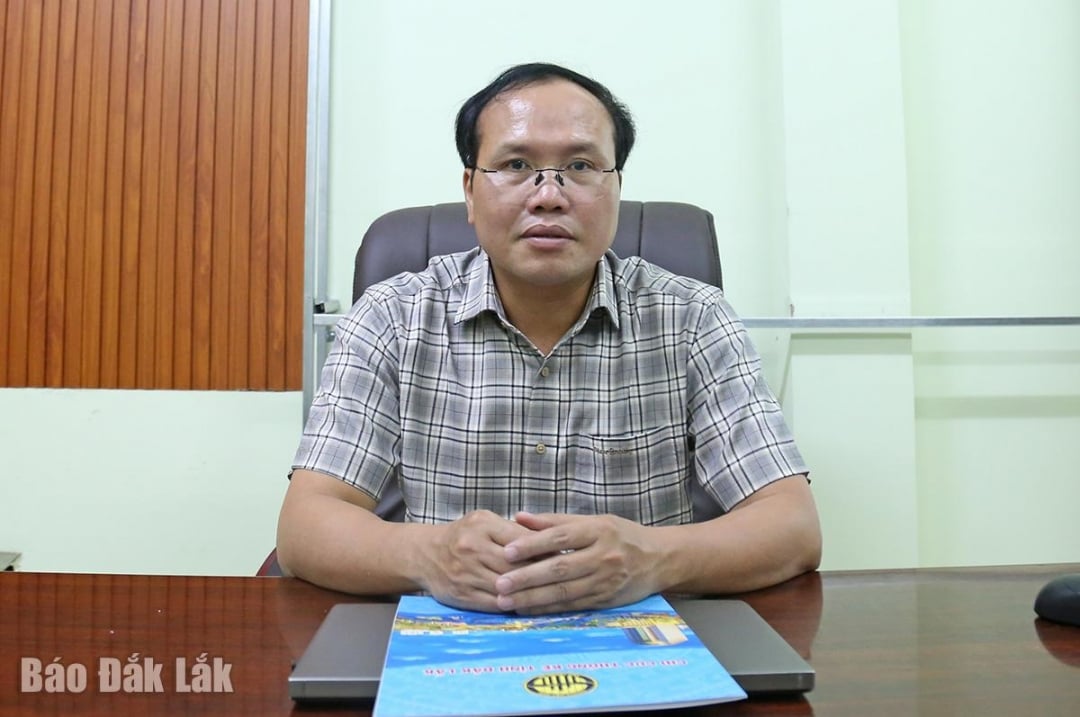 |
| Mr. Ho Ngoc Quang, Head of Dak Lak Provincial Statistics Office. |
♦ Sir, could you please tell us the new highlights of the 2025 Rural and Agricultural Census that is being implemented nationwide?
The 2025 Rural and Agricultural Census is one of the three largest national censuses, conducted under Decision No. 484/QD-TTg dated June 7, 2024 of the Prime Minister . The information collection period starts from July 1, 2025 to July 30, 2025, with many new breakthroughs compared to before.
First of all, more information is collected and more comprehensive, not only focusing on a few main crops and livestock but on all types of crops and livestock. In particular, this survey adds information to evaluate the efficiency of farm production activities; adds information collection forms for enterprises, cooperatives, and cooperative alliances in the 2025 Rural and Agricultural Census plan to ensure the full scope of the census.
This census is of great significance, especially in the context that Vietnam is promoting the transformation of agriculture and rural areas towards modernity and sustainability, requiring a strong enough data platform to serve policy making, analysis of development trends, evaluation of national target programs and meeting new requirements in the context of international integration. |
Notably, this census changed the form of information collection by using electronic survey forms (CAPI and Webform) and online data management methods to control the progress and quality of the survey during the information collection process at the local level; improve accountability and centralized data management; shorten the time for information collection compared to paper forms. Apply information technology in checking, cleaning and completing data such as applying machines to check and complete the industry code of the household based on the industry of the household's workers; use digital maps in some stages of the survey.
This census is of great significance, especially in the context that Vietnam is promoting the transformation of agriculture and rural areas towards modernity and sustainability, requiring a strong enough data platform to serve policy making, analysis of development trends, evaluation of national target programs and meeting new requirements in the context of international integration.
♦ With the characteristics of a province with a large agricultural scale like Dak Lak, how will data from this census help the locality in building a sustainable agricultural development strategy, sir?
Dak Lak province (new) integrates many potentials and strengths in the agricultural sector, which is combining the strengths of industrial crops, fruit trees in the highlands with aquatic products in the sea. Therefore, data from the 2025 Rural and Agricultural Census will help analyze in detail down to each commune-level administrative unit and sector, thereby re-identifying the existing agricultural structure. This helps determine which are the key industries and which industries have the potential to transform. Moreover, combining data from the two old localities will help identify effective production areas, re-plan raw material areas and develop value chains, promoting agricultural growth to reach double digits.
Also from this database, localities in the province can determine which agricultural products need in-depth investment in technology, which areas need chain linkage, from production to processing and consumption. In particular, information on the level of linkage, high-tech application, and consumption markets will be the foundation for building geographical indications, product standardization, and expanding export markets. This is a key factor to increase the value of Dak Lak agricultural products and expand export markets.
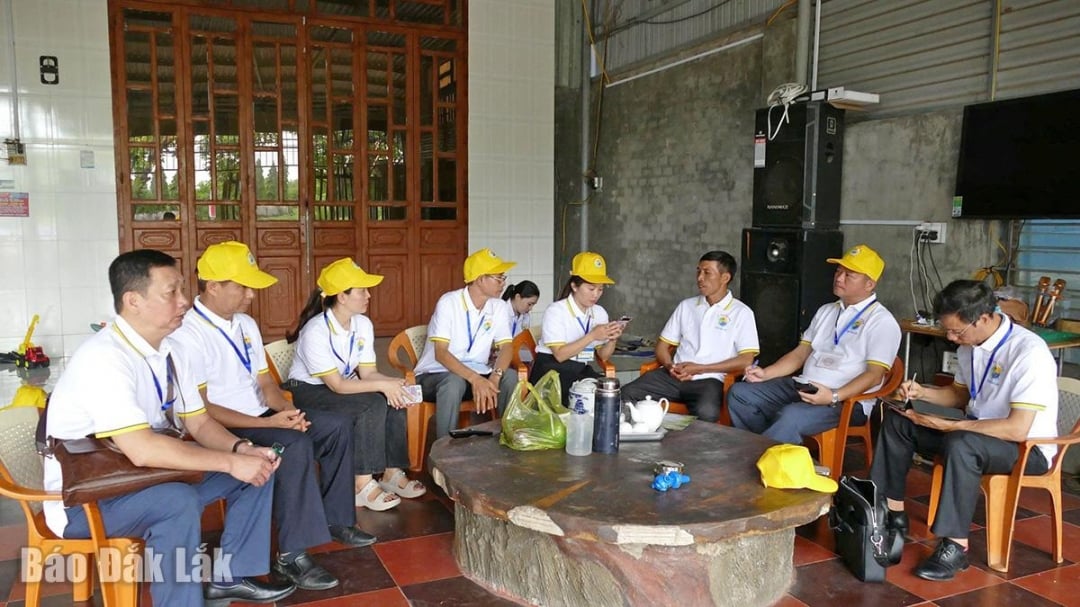 |
| Investigators went to collect information in Dak Lak province. |
♦ To optimize the value of this massive data warehouse, what do you think Dak Lak province needs to do?
I think the most important thing is not to let data just stay on paper. Census data needs to be integrated into regional planning, local agricultural development projects, as well as provided to businesses, cooperatives, and farmers through digital platforms.
Therefore, the province needs to invest in building a new agricultural data ecosystem - where survey data is the core foundation. At the same time, it is necessary to prioritize investment policies for concentrated commodity production areas, stable raw material areas and promote the application of technology in production management, consumption, distribution, aiming at product traceability. From there, data will not only be a tool for measurement, but also become "fuel" for innovation in agricultural growth models, towards high and sustainable value.
The 2025 Rural and Agricultural Census is an opportunity not only to review the current state of agriculture but also to shape the new rural development strategy in the coming period. Dak Lak has the advantage of restructuring agricultural production on a regional scale, maximizing the potential of land, climate, labor and typical product systems. I hope that, when data is used properly - publicly, transparently, linked to management and policy making - it will create a major turning point for the local agricultural sector to develop in a modern and sustainable direction.
♦
(perform)
Source: https://baodaklak.vn/phong-su-ky-su/202507/cuoc-tong-dieu-tra-nong-thon-nong-nghiep-nam-2025-co-hoi-vang-de-tai-cau-truc-nganh-nong-nghiep-dak-lak-d61130f/



![[Photo] Nhan Dan Newspaper launches “Fatherland in the Heart: The Concert Film”](https://vphoto.vietnam.vn/thumb/1200x675/vietnam/resource/IMAGE/2025/10/16/1760622132545_thiet-ke-chua-co-ten-36-png.webp)






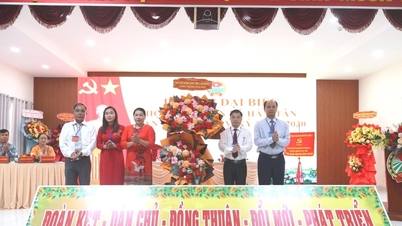
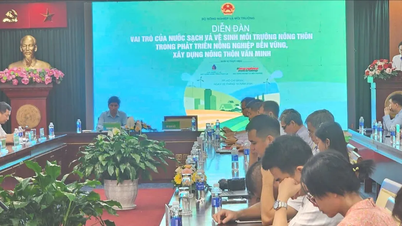

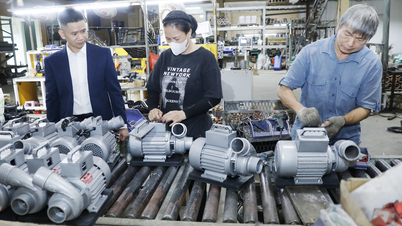

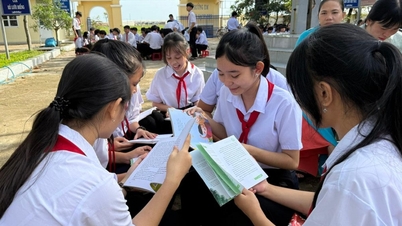
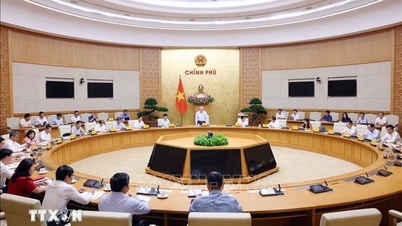

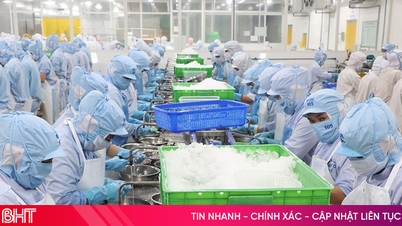



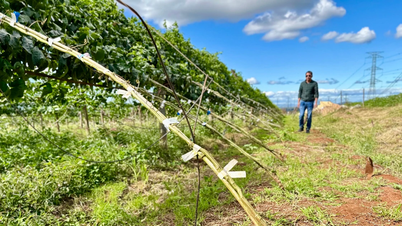




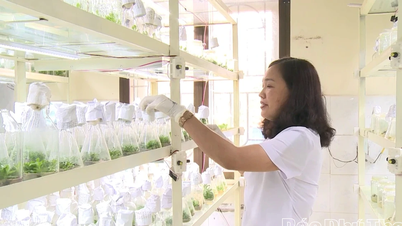





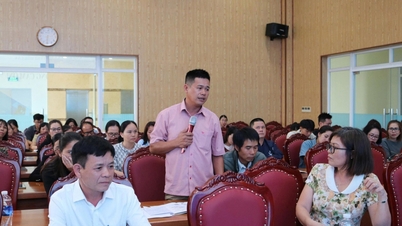
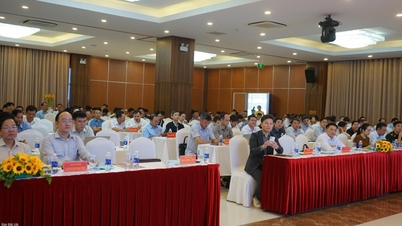
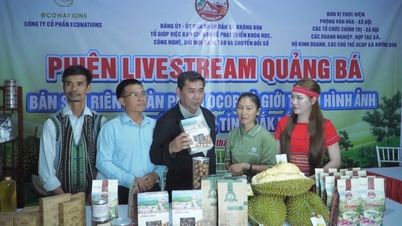
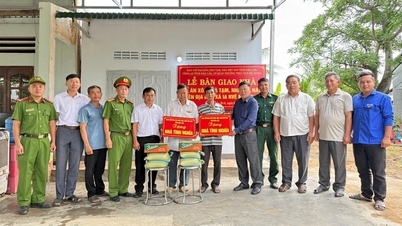
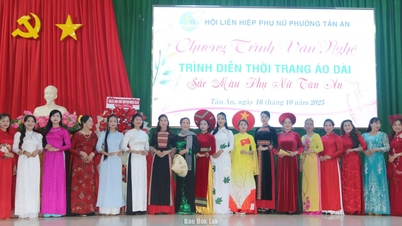




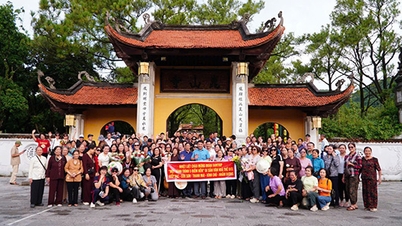



















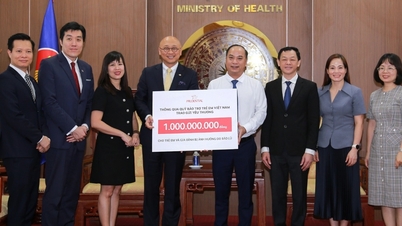
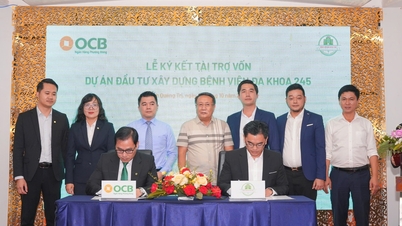






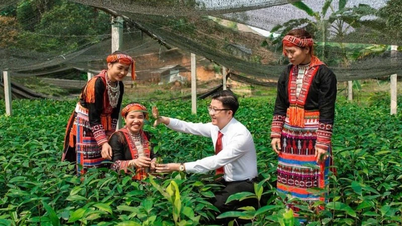









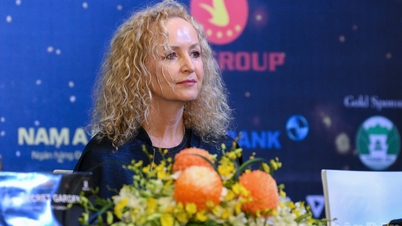










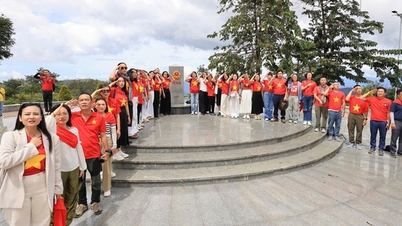





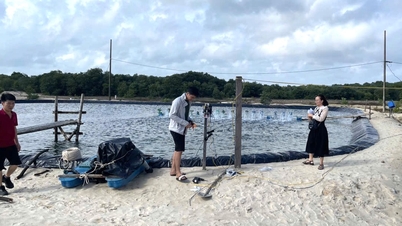

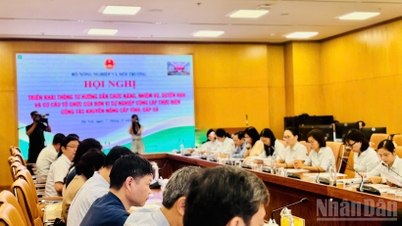












Comment (0)